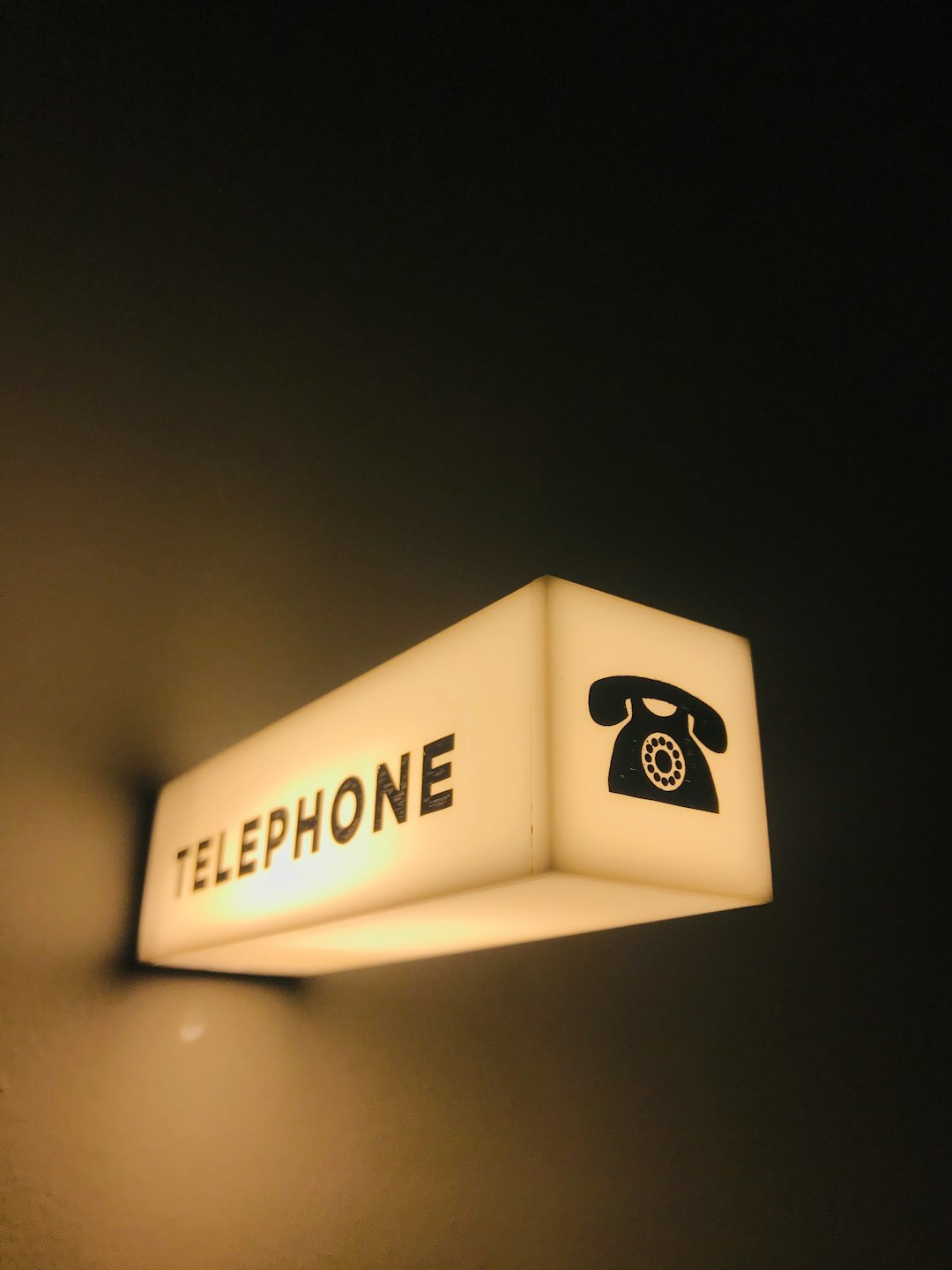In Kenosha, Wisconsin, consumers face sophisticated fraudulent marketing tactics including unwanted calls, fake prizes, and phishing emails. To protect themselves, residents should stay vigilant, critically assess communications from unknown sources, and document suspicious interactions. They have legal protections against unwanted phone calls and can file complaints with the FTC or consult unwanted call lawyers Wisconsin for assistance in pursuing legal action against perpetrators. Swift action is crucial to safeguard against fraud targeting local consumers.
In Kenosha, as across Wisconsin, consumers face evolving fraudulent marketing practices. This article demystifies common tactics used by unscrupulous marketers, focusing on unwanted phone calls and text messages. Understanding these schemes is crucial for protecting your rights. We outline legal protections available to Wisconsin residents and provide actionable steps if you suspect fraud. If you’ve been targeted by unwanted call lawyers in Wisconsin, knowing your options is the first step towards recovering from potential financial harm.
Understanding Common Fraudulent Marketing Tactics

In the ever-evolving digital landscape, consumers in Kenosha and across Wisconsin are increasingly vulnerable to sophisticated fraudulent marketing practices. Understanding common tactics employed by unscrupulous businesses is a crucial step in protecting oneself from becoming a victim. One of the most pervasive methods involves unwanted calls and texts, often masquerading as legitimate companies offering exclusive deals or rewarding loyalty. These unwanted call lawyers can be particularly insidious, leveraging fear and urgency to pressure individuals into making hasty decisions without thorough consideration.
Another prevalent tactic is the use of fake prizes or sweepstakes, where consumers are initially enticed with seemingly irresistible rewards only to be directed to pay fees or provide personal information under false pretenses. Additionally, phishing emails and fraudulent social media messages that mimic trusted brands are becoming increasingly common, aiming to steal sensitive data such as credit card details or login credentials. By staying vigilant and critically evaluating communication from unknown sources, residents of Kenosha can better protect themselves from these deceptive marketing practices.
Recognizing Unwanted Call Patterns and Legal Rights in Wisconsin

In Kenosha, as across Wisconsin, consumers are protected by laws that regulate unwanted phone calls and marketing practices. Recognizing patterns common among fraudulent marketers is a crucial step in safeguarding your rights. If you’re receiving persistent or annoying calls from unknown numbers, take note of the call times, frequency, and any recorded messages. These details can be vital if you decide to file a complaint with the Federal Trade Commission (FTC) or seek assistance from unwanted call lawyers Wisconsin.
Under Wisconsin law, businesses are restricted from making telemarketing calls unless they have prior consent from the recipient. If you feel your privacy has been invaded due to unsolicited calls, you have legal recourse. Unwanted call lawyers Wisconsin can guide you through the process of filing a lawsuit or negotiating with marketing companies on your behalf, ensuring that your rights as a consumer are respected and protected.
Protecting Consumers: What to Do If You Suspect Fraud

If you suspect that you’ve been targeted by fraudulent marketing practices, it’s crucial to act quickly to protect yourself and other consumers in Kenosha. Start by documenting all interactions related to the suspected fraud, including any unwanted calls, emails, or messages. Take note of the source, date, and content of these communications.
Consider reaching out to an unwanted call lawyer in Wisconsin for guidance and legal assistance. These professionals can help you understand your rights and navigate the appropriate steps to address the situation. They may also be able to take necessary actions, such as filing complaints with relevant authorities or pursuing legal action against the perpetrators to deter future fraudulent activities targeting local consumers.






